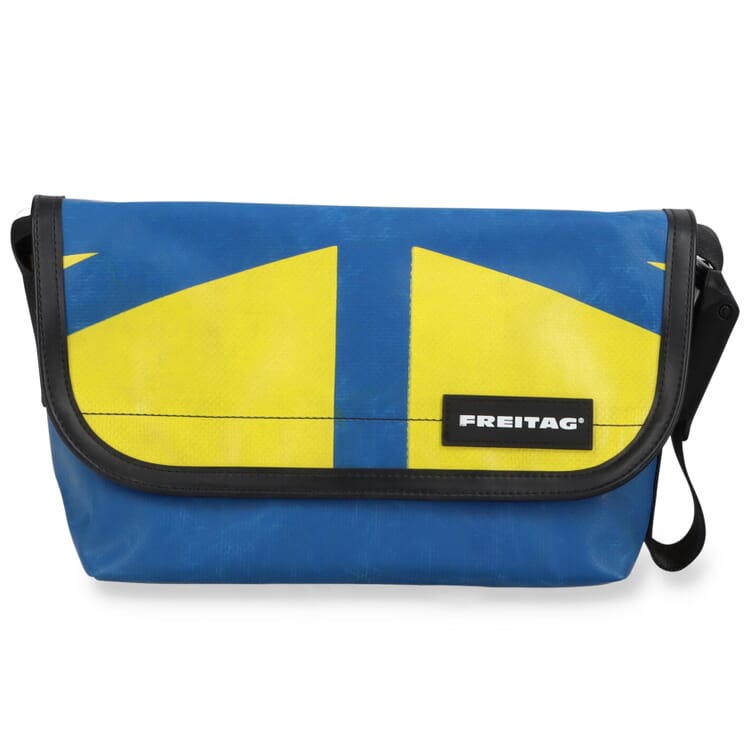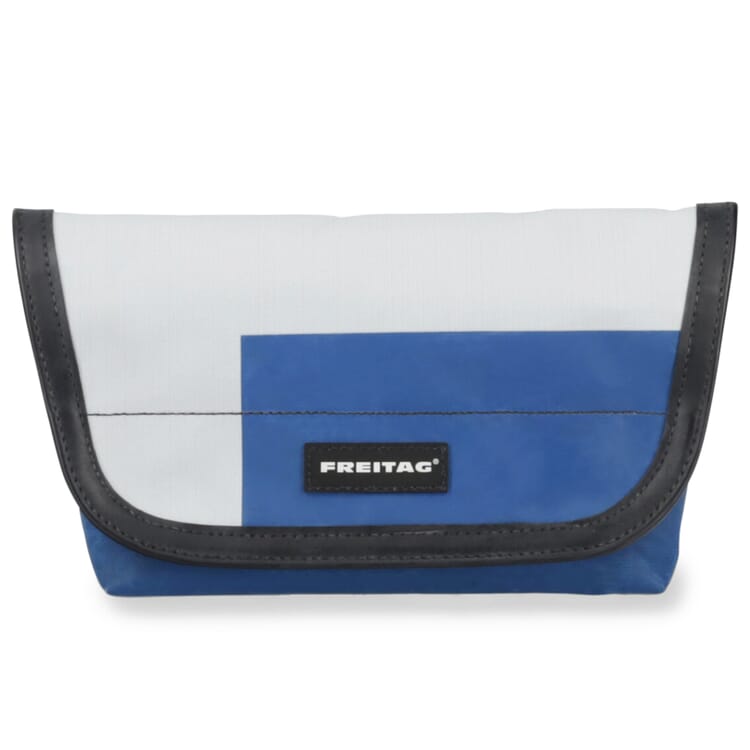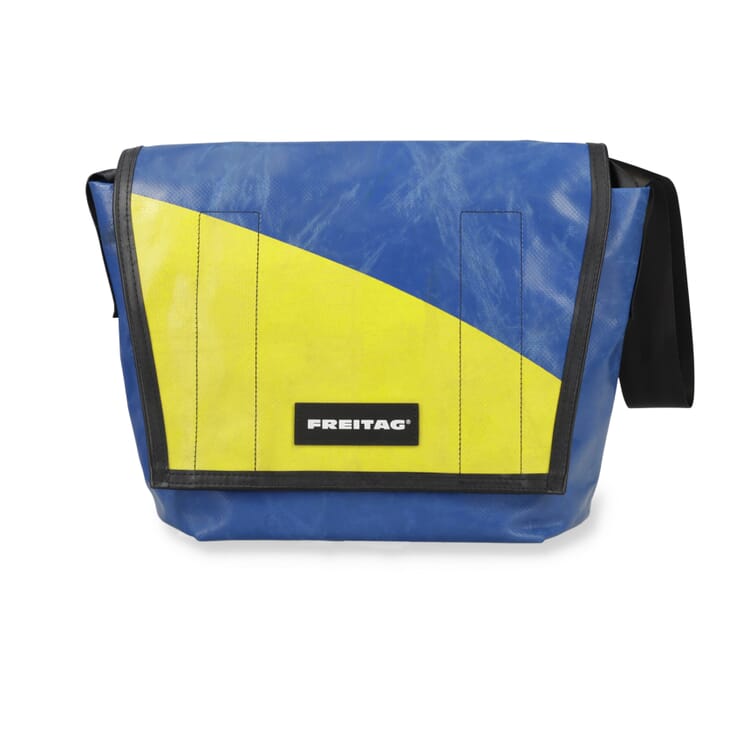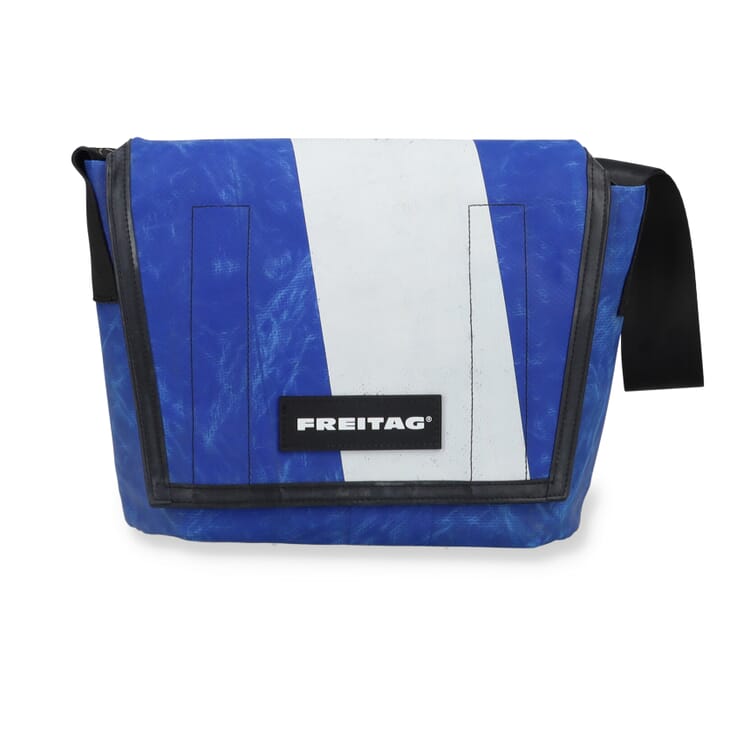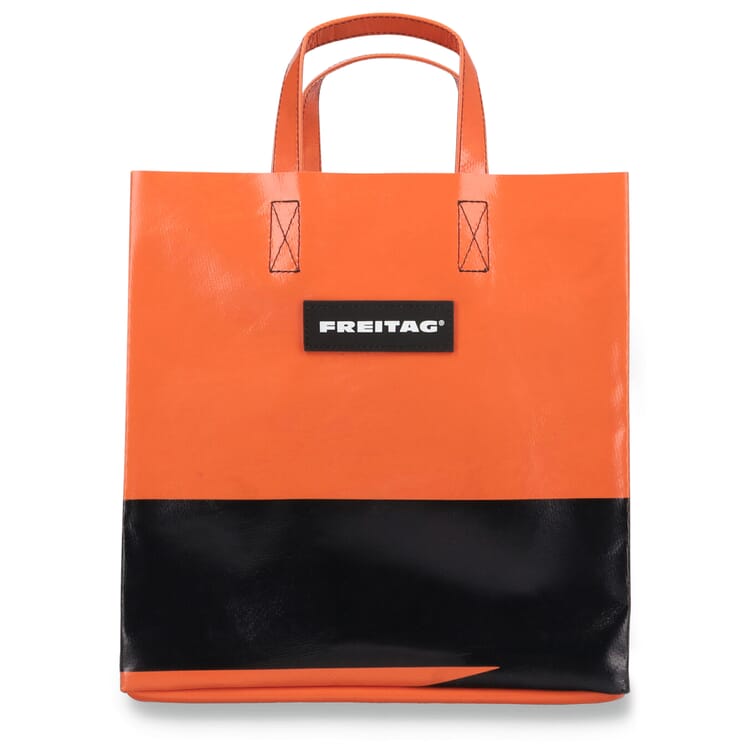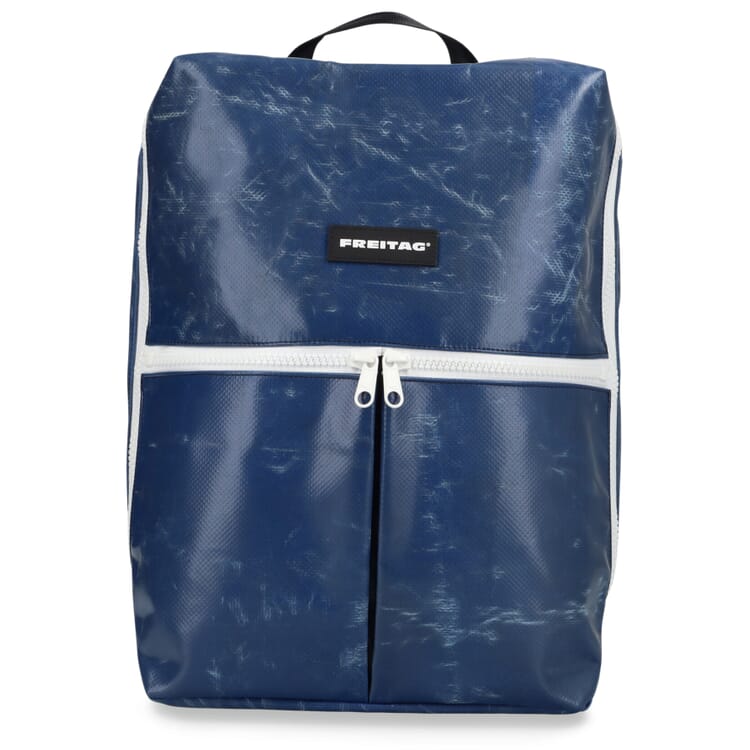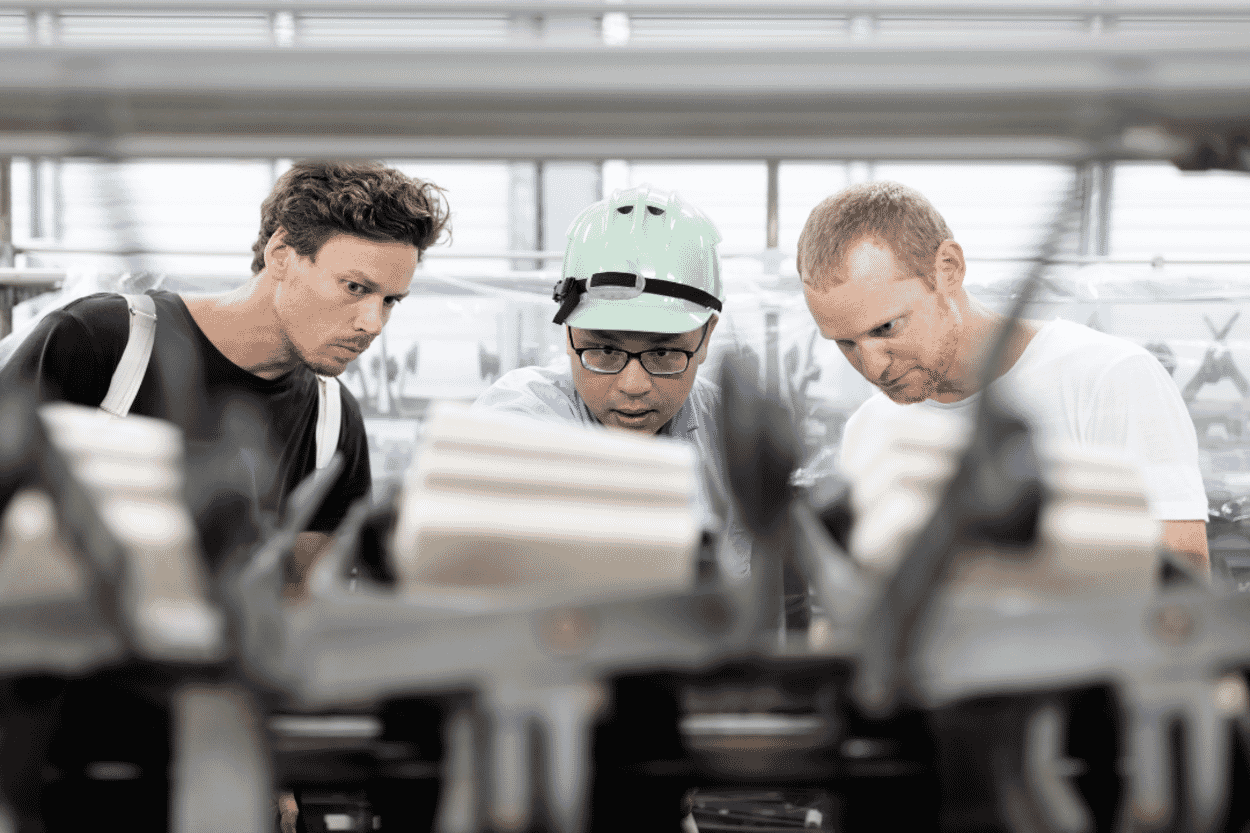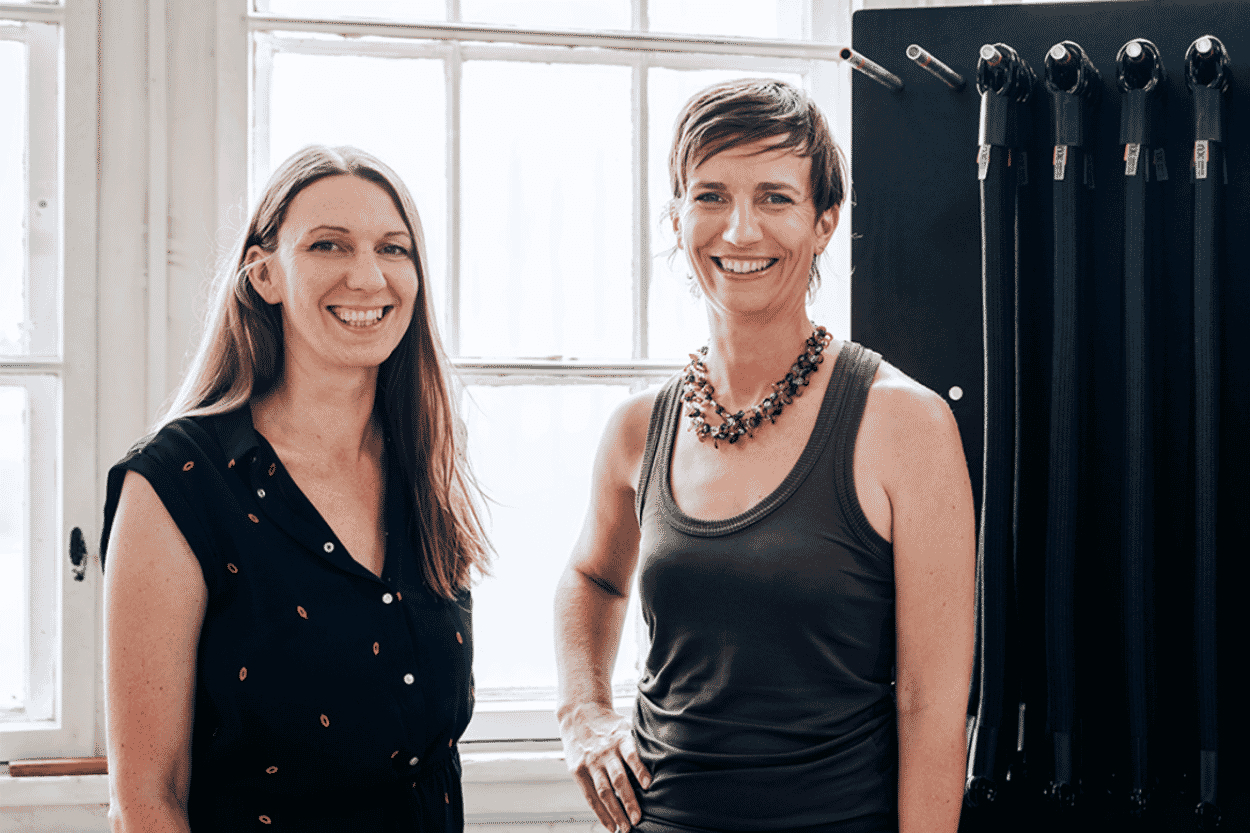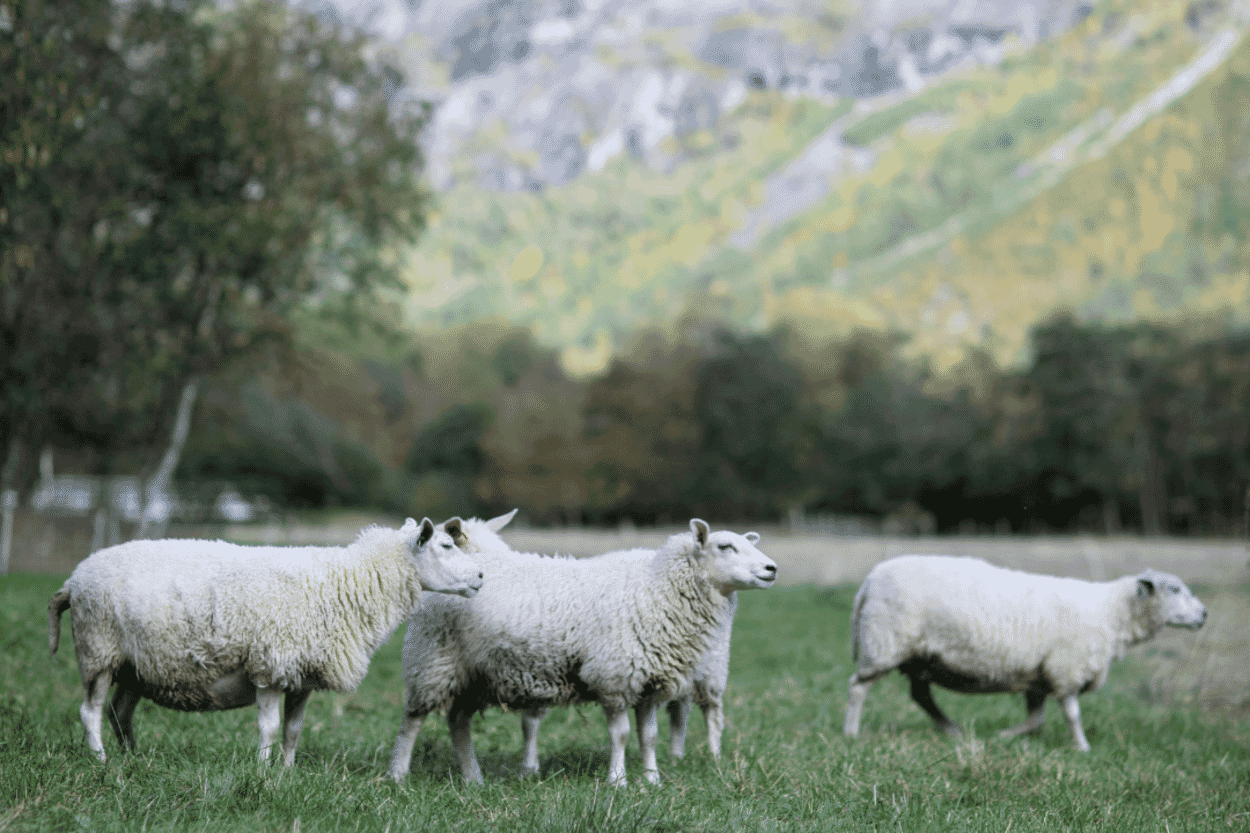It runs and runs and runs
Unique items made from waste: thirty years ago, FREITAG produced the first messenger bag from used truck tarpaulins. Today, the Zurich-based company processes around 350 tons of used tarpaulin into bags, rucksacks and accessories every year. At the same time, it is researching a future without waste, in which materials are not disposed of but reused in cycles.
Text: Jasmin Jouhar
The moment when a FREITAG bag is created: When the person at the cutting table positions the templates on the truck tarpaulin and cuts out the individual parts of the bag. A scrutinizing glance and a few courageous cuts with the cutter, and a new bag is born at FREITAG in Zurich-Oerlikon - like all the others before it, a unique piece created by the interaction of the used material and the trained eye at the table. The fact that the bags then have to be sewn together, fitted with fasteners and straps, checked and packed - no problem. The moment at the table is crucial: the designers decide independently each time what the FREITAG product will look like. Every day, every week, countless times.
In 1993, founders Markus and Daniel Freitag created their first messenger bag in Zurich from used truck tarpaulins, bicycle inner tubes and seat belts, which is now an iconic design. The company now manufactures around 400,000 products a year, including shoulder bags, rucksacks, luggage and all kinds of accessories. Around 350 tons of discarded truck tarpaulins from all over Europe are inspected, washed and finally cut to size. The Freitag brothers pioneered the upcycling idea of reusing used material over thirty years ago.
But the company is not resting on its laurels: After launching a clothing collection made from natural, completely biodegradable fabrics a few years ago, the Zurich-based brand is currently working on further projects with recyclable materials. The big catch with conventional tarpaulin is that it is made of PVC, a controversial, non-recyclable plastic. Making bags out of it does extend its useful life - especially as PVC is extremely hard-wearing and repairable. But in the end, the material has to be incinerated. This is why FREITAG is researching a new type of truck tarpaulin made from recyclable plastic, the "circular tarp", with partners from industry. Another future project is a rucksack made from just one material. Whether it's the zipper, threads or buckles, everything is made of nylon so that the product can be returned to the material cycle in one piece after use. The classic messenger bag will of course continue to exist - as long as trucks with brightly printed tarpaulins are driving along our roads.
Each FREITAG bag is unique, the result of the interplay between the material and a practiced eye at the table.
MAGAZIN stores in Stuttgart, Bonn and Munich offer a wide range of FREITAG products - and have done so for more than twenty years. This is because MAGAZIN was one of the first German retailers to include the Swiss brand in its range. The partnership has proven its worth, not least because both companies have a similar approach to design and use of materials.
MAGAZIN has been cooperating with FREITAG for many years. The smart idea of this special kind of recycling is in every bag that the Freitag brothers develop. From their robustness to their practical value, the bags rightly promise to be partners for life.
All products from FREITAG
More designers and manufacturers
Sounds almost too good to be true: The new textile Bananatex is made from purely plant-based fibers, is environmentally friendly and at the same time robust and durable. Bananatex can be found in the MAGAZIN range in the form of bags and covers for upholstered furniture.
We have over 80 million bicycles in Germany. Whether for commuting to work, transporting children or for leisure, cyclists, their needs and requirements are as diverse as their use.
All made in Norway: Røros Tweed not only has its own spinning and weaving mill - the traditional family business also uses wool from local sheep for its textiles.



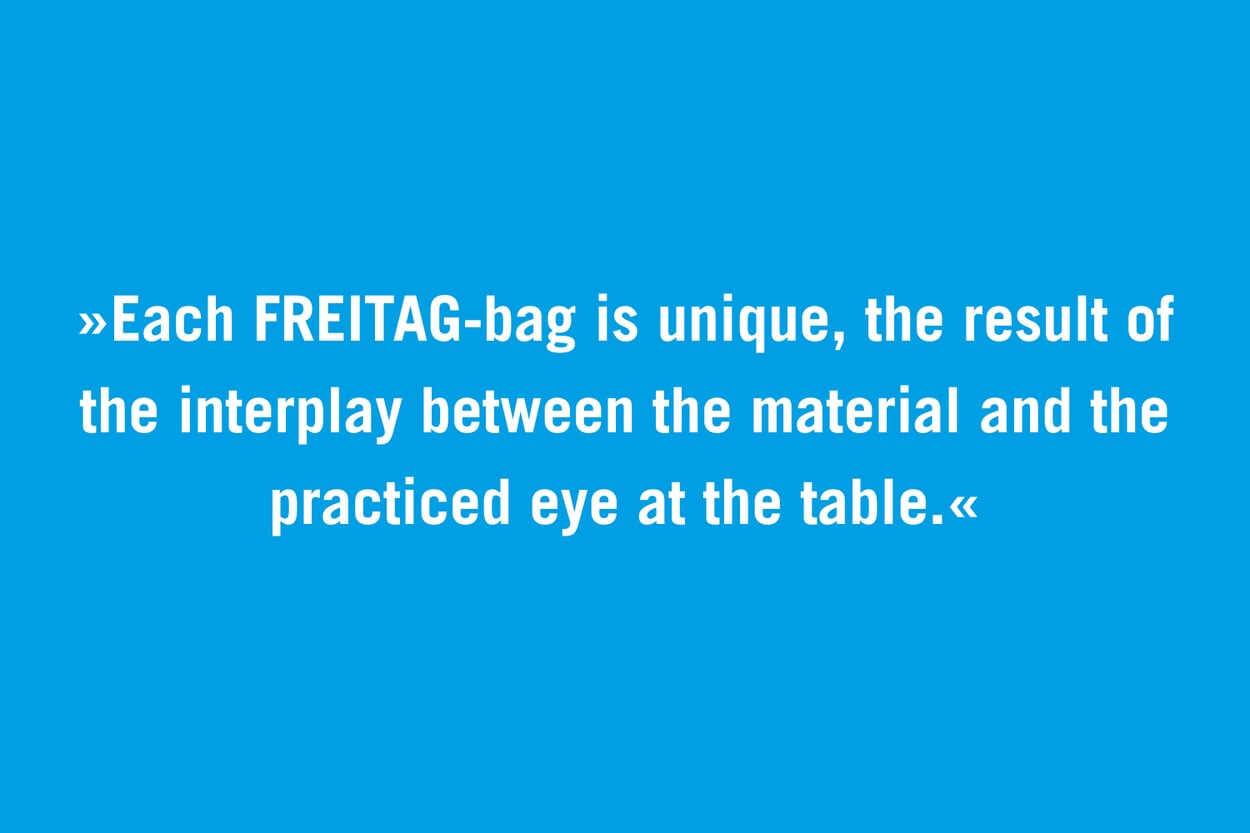
.png?profile=kurator_32)
.png?profile=kurator_1250)
.png?profile=kuratorteaser_32)
.png?profile=kuratorteaser_1250)

